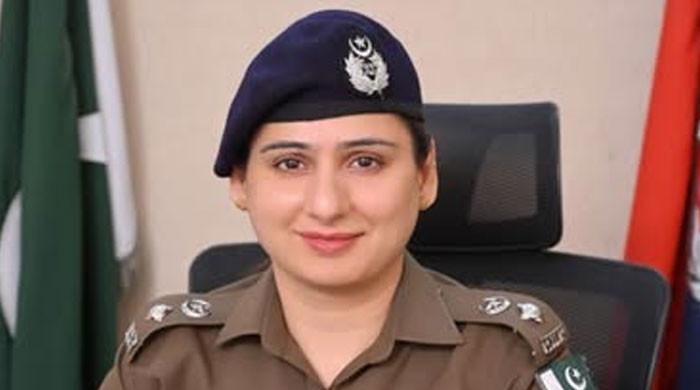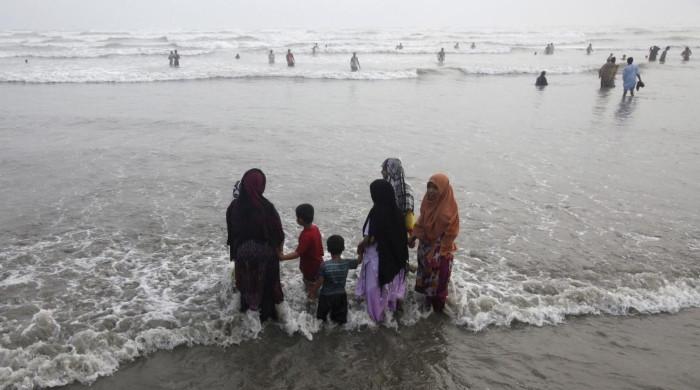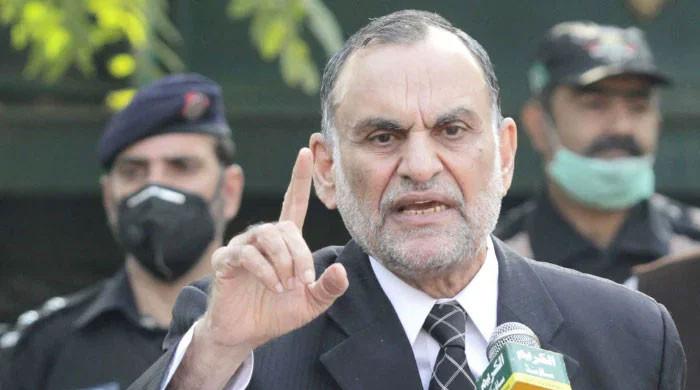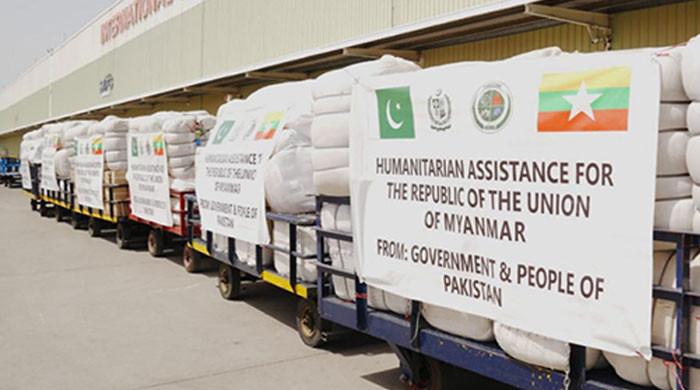Second aid convoy reaches Kurram as situation improves
District administration says remaining goods vehicles will depart from Tal after getting clearance
January 14, 2025
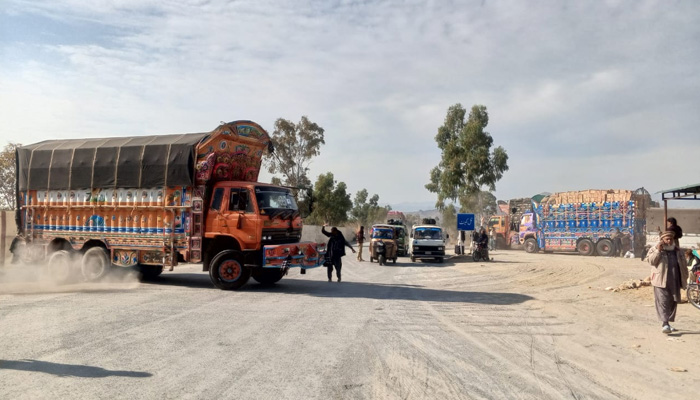
- Supplies include flour, sugar, ghee, medicines and other essential items.
- Goods delivered to Parachinar, Boshehra, Alizai, and other affected areas.
- Strict security in place for convoy's safe passage through restive region.
HANGU: A second convoy of 25 vehicles carrying essential goods has reached Khyber Pakhtunkhwa's Kurram district, the local administration confirmed on Tuesday.
This development marks the successful delivery of another consignment of essential items, including flour, sugar, ghee, and medicines to affected parts of the Kurram district which remained in the spotlight for months following a wave of tribal violence that claimed over 130 lives and resulted in the closure of routes for over 100 days.
However, 20 other vehicles failed to get clearance and were sent back to Tal.
The essential goods will be distributed in various areas of the district, including Parachinar, Boshehraa and Alizai.
Upon the arrival of the goods convoy in Parachinar, a large number of citizens gathered around the vehicles to buy essential items for their families.
Some tribal elders told Geo News that 25 vehicles were insufficient to fulfil the household requirements of the huge population in Parachinar.
They urged the government to ensure an ample supply of food and medicines keeping in view of the population.
Authorities have implemented strict security measures to ensure the safe delivery of these much-needed supplies.
The supply of medicines and essential goods to the affected areas is expected to alleviate shortages to some extent, according to the district administration.
Alongside these essentials, the convoy includes goods purchased by local traders, which had been awaiting transport for several days.
It is continuation of efforts by authorities to address supply shortages in Kurram, with the convoy now entering Lower Kurram under the close watch of security forces.
Authorities added that apart from this convoy there are several other vehicles still present in Hangu and other areas for which arrangements will be made so they can deliver supplies to Kurram.
Last week, a separate convoy of 40 trucks successfully delivered essential goods to Kurram. Adviser to the Chief Minister on Information and Public Relations, Barrister Mohammad Ali Saif, highlighted that these operations aim to provide relief to the affected population. According to Saif, convoys were dispatched to areas such as Bagan and Parachinar.
Barrister Saif further explained that these efforts were made possible through negotiations facilitated by the Grand Jirga, the Kurram Peace Committee, and local peace groups.
These talks resulted in an agreement to remove blockades and allow the transportation of relief goods. He praised the cooperation of local elders in maintaining peace, emphasising the importance of collaboration for long-term stability in the region.
The provincial government has also begun implementing measures to restore peace, including the dismantling of bunkers in Lower Kurram as part of the Kohat peace agreement. Bunkers in areas like Khar Kali and Balishkhel were removed with the assistance of explosives and aerial support during joint operations by police and security forces.
These actions were in line with the 14-point agreement negotiated by tribal elders.
However, the situation remains precarious.
Conditions in Parachinar continue to deteriorate due to the closure of travel routes, which have been blocked for over 100 days following a wave of tribal violence. This has led to severe shortages of food, medicine, and other essential goods.
Social activist Mir Afzal Khan urged the government to reopen the roads immediately, noting that two weeks after the peace agreement, the closures persist, compounding the struggles of Upper Kurram residents. He called for urgent action to alleviate the suffering of the local population.





